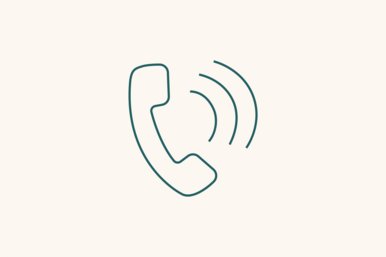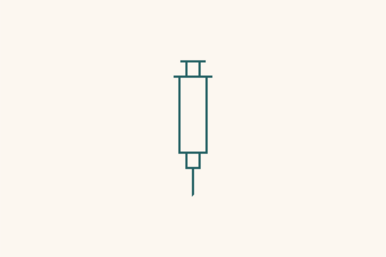The study was conducted in two parts: Part A included participants of the 1-week voluntary mass screening from December 7 to 13 in Vienna. These 158 individuals either had positive results on rapid antigen tests for NP smears (N = 67; of whom 11 were incorrectly positive) performed by trained staff or refused sampling via NP smear (N = 91). Subsequently, self-collected AN swabs and gargle samples (using 10 ml saline) were obtained from study participants under staff supervision and tested by rapid antigen assay and, as the diagnostic gold standard, RT-PCR (reverse transcription-polymerase chain reaction). Part B included 35 hospitalized ill patients with confirmed SARS-CoV-2 infection. Each patient self-collected an AN sample (again under staff supervision); immediately thereafter, two NP swabs were performed by trained staff for testing by rapid antigen assay and RT-PCR.
Results
Compared to PCR from NP swabs, there was no significant difference between the overall sensitivity to detect SARS-CoV-2 with rapid antigen testing from AN swabs versus rapid antigen testing from NP swabs.
Compared to PCR from gargle specimens, the sensitivity of the rapid antigen test from AN swabs was 56.3%. The study showed that the presence or absence of symptoms had a considerable influence on the sensitivity of the rapid antigen test after AN swabs: in hospitalized persons it was over 93%, in mass test participants with mild symptoms it was 75.9%, in - at the time of sample collection - completely asymptomatic persons it was 40.7%. The specificity of the rapid antigen test from AN swabs was 95.7% (measured by PCR from gargle solutions) in mass-test participants. In hospitalized patients, the sensitivity of the rapid antigen test from AN swabs was 93.8% (compared with PCR from NP swabs). Rapid antigen tests using AN swabs offer an easy-to-use and sufficiently sensitive alternative to NP swabs and to gargle tests. Christian Drosten's group had determined a sensitivity of 95% for the anterior nasal swab antigen self-test in patients with high clinical suspicion of the presence of covid 19 infection (2). The study by AGES and Klinik Favoriten also demonstrated that even among asymptomatic subjects, anterior nasal swab correctly detected three-quarters of highly infectious individuals within 15 minutes. Negative test results in rapid antigen tests and swabs from the anterior nasal cavity should not be mistaken as evidence of confirmed non-infectivity. Especially in asymptomatic individuals, many infections are not detected. Sandra Ciesek's group had found five covid-19 infections (1 presymptomatic, 4 with very mild symptoms) in 602 healthy teachers (10,836 tests, two-day anterior nasal swab antigen self-tests); there were also 16 incorrectly positive rapid test results (0.15% of all rapid antigen tests) and 4 incorrectly negative (3). The occurrence of false positive results is not surprising in rapid antigen tests, whether after professional specimen collection or self-sampling, and therefore any positive rapid test result should be subject to confirmatory testing by PCR. Rapid antigen testing and swabbing from the anterior nasal cavity are a benefit in terms of the goal of ensuring a low-threshold testing service. The rapidity of positive test results allows immediate isolation of potentially highly infectious individuals, a benefit that far outweighs the lower sensitivity in wholly asymptomatic individuals, who play only a minor role in SARS-CoV-2 transmission. (1) Seitz T, Zoufaly A, Laferl H, Schindler S, Winkelmeyer P, Asenbaum J, et al. Evaluating SARS-CoV-2 rapid antigen tests from anterior nasal swabs compared to PCR on gargle samples or nasopharyngeal swabs. Submitted 2021. (2) Lindner AK, Nikolai O, Kausch F, Wintel M, Hommes F, Gertler M, et al. Head-to-head comparison of SARS-CoV-2 antigen-detecting rapid test with self-collected anterior nasal swab versus professional-collected nasopharyngeal swab. European Respiratory Journal. Forthcoming 2020. preprint of 10/27 (3) Hoehl S, Schenk B, Rudych O, Göttig S, Foppa I, Kohmer N, et al. At-home self-testing of teachers with a SARS-CoV-2 rapid 1antigen test to reduce potential transmissions in schools. MedRxiv [Preprint]. 2020 [cited 2020 Dec 16].

